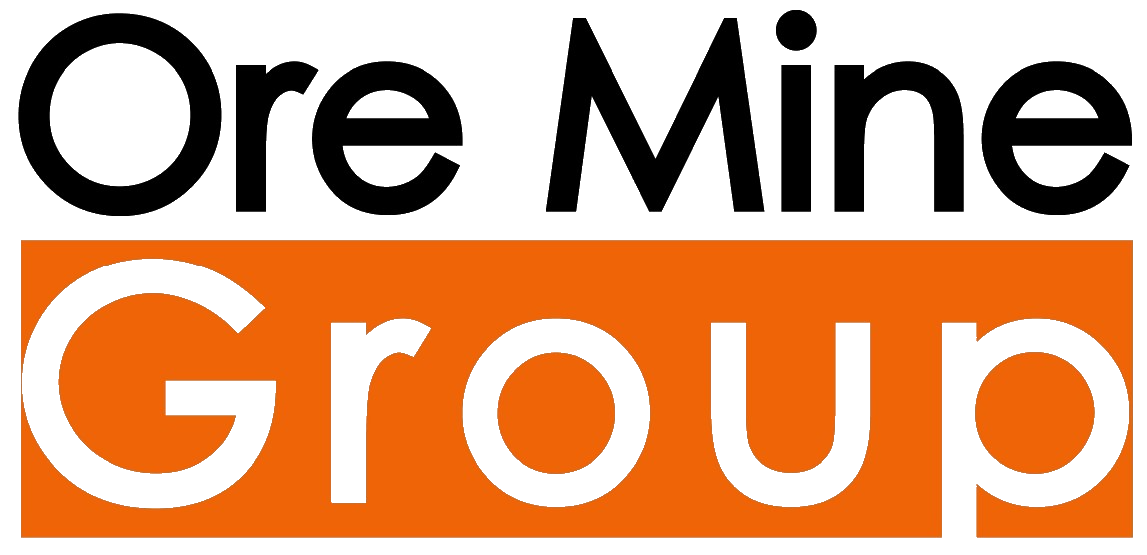Why is Zinc Important?
Zinc is a versatile and essential metal used across various industries due to its unique properties, including corrosion resistance, strength, and flexibility. It is one of the most widely used metals for coating and alloying, and plays a crucial role in the manufacturing of products that support modern life. Below are key uses of zinc in different sectors:

Galvanization and Corrosion Protection
One of the primary uses of zinc is for galvanizing steel and iron to protect against corrosion:
- Galvanized Steel: Zinc coatings are applied to steel and iron to prevent rusting, enhancing the durability of structures like bridges, pipelines, and buildings.
- Automotive Industry: Zinc is used to protect parts of vehicles from rust and corrosion, increasing the lifespan of automotive components.
- Roofing and Construction Materials: Zinc is used in roofing, cladding, and exterior building materials to provide long-lasting protection against the elements.
Alloys and Manufacturing
Zinc is a key component in several important alloys, enhancing their properties for various industrial applications:
- Brass: An alloy of copper and zinc, brass is commonly used in plumbing, electrical components, and musical instruments.
- Zinc Alloys: Zinc is used to make die-cast products for automotive, aerospace, and consumer goods industries, offering strength, durability, and low-cost production.
- Zamak: A popular zinc alloy used in precision die-casting for applications like hardware, toys, and electronic devices.
Batteries and Energy Storage
Zinc plays an important role in energy storage technologies:
- Zinc-Carbon Batteries: These are commonly used in small electronic devices like flashlights and remote controls.
- Zinc-Air Batteries: These batteries, which use oxygen from the air, are used in hearing aids and other low-power applications due to their high energy density.
- Zinc-Bromine Flow Batteries: Emerging as a promising option for large-scale energy storage in renewable energy applications.
Agricultural Applications
Zinc is an essential micronutrient for plants and animals, playing a vital role in agriculture:
- Fertilizers: Zinc is often added to fertilizers to prevent zinc deficiency in crops, which can affect plant growth and yield.
- Animal Feed: Zinc is used in animal feed to promote growth, immune function, and overall health in livestock.
- Pesticides: Zinc compounds are sometimes used as fungicides and pesticides in crop protection.
Healthcare and Medicine
Zinc plays an important role in maintaining human health and is widely used in the medical field:
- Dietary Supplements: Zinc is essential for human health and is used in supplements to boost immune function, support wound healing, and improve skin health.
- Topical Ointments: Zinc oxide is used in creams and ointments to treat skin conditions like rashes, burns, and acne.
- Medical Instruments: Zinc is used in the production of certain medical devices and tools due to its durability and corrosion resistance.
Electronics and Telecommunications
Zinc is used in electronics due to its excellent conductive properties and resistance to corrosion:
- Electrical Contacts: Zinc is used in the production of switches, relays, and other electronic components.
- Smartphones and Computers: Zinc alloys are used in various parts of electronic devices such as casings and connectors.
- Coatings for Circuit Boards: Zinc is applied to circuit boards to protect them from corrosion and to enhance their conductivity.
Consumer Products
Zinc is found in many everyday consumer products:
- Cosmetics: Zinc oxide is commonly used in sunscreen, lotions, and other cosmetic products due to its ability to protect the skin from UV rays.
- Paints and Coatings: Zinc-based pigments are used in paints and coatings for their corrosion-resistant properties.
- Textiles: Zinc is used in fabric coatings to enhance durability and resistance to mildew and mold.
Conclusion
-
Zinc plays an indispensable role in a wide range of industries, from construction and manufacturing to healthcare and energy storage. Its unique properties make it a vital material in protecting infrastructure, improving the performance of products, and supporting human health. As a key component in numerous processes, zinc continues to be essential in meeting the demands of a growing global economy.
